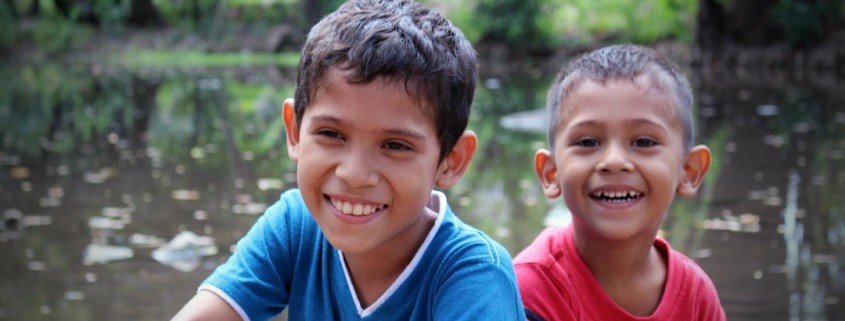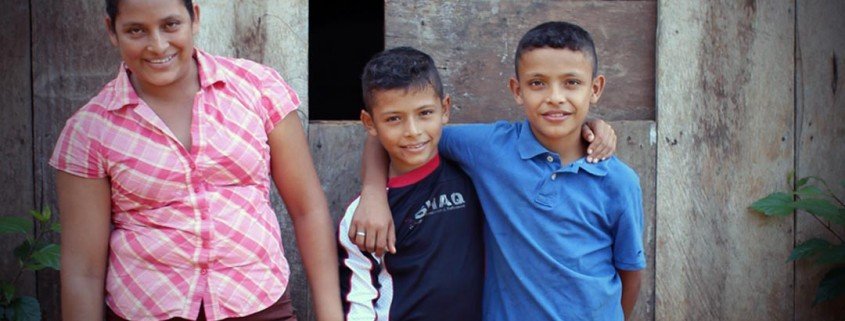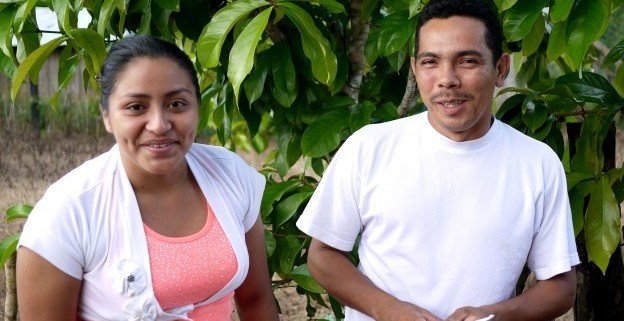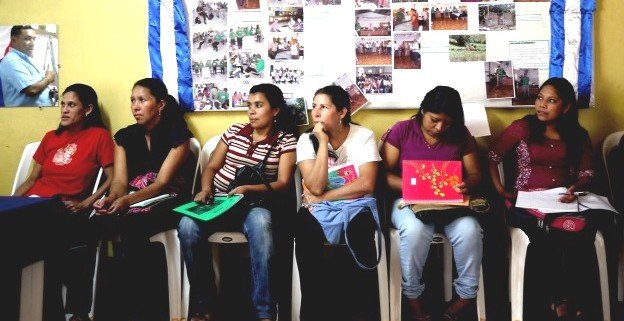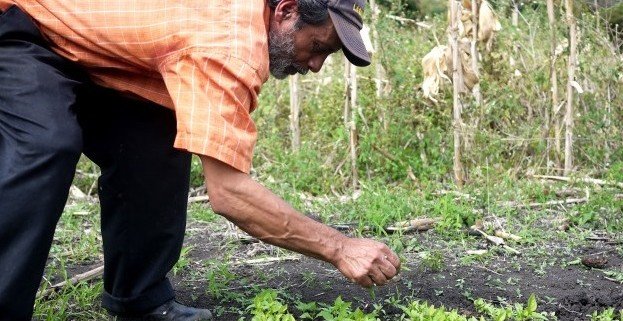The Beautiful Hues of Relationship
PC(USA) Mission Co-Worker, Justin Sundberg, serving with CEPAD, reflects on the word that he feels best summarizes the work of the organization and asks you to reflect as well.
by Justin Sundberg
In Jinotepe, to the south of Managua, CEPAD has worked for 8 months in the community of, “Los Encuentros” (the Meeting Crossroads). When I visited there last month, I left nearly ecstatic considering its future after meetings its CEPAD-trained leaders.
During my encounter in Los Encuentros, leaders described what they had been learning. One woman, Glorieta, rushed in late to our meeting. She had not personally been to any of our trainings, but a friend of Glorieta, trained by CEPAD, had trained her. Glorieta was beaming as she pulled necklaces, bracelets and earrings from her pockets. In Spanish, she burst, “He ideado unos!” In English, her statement could be rendered, “I’ve created some of my own unique designs,” shared modestly, but proudly.

